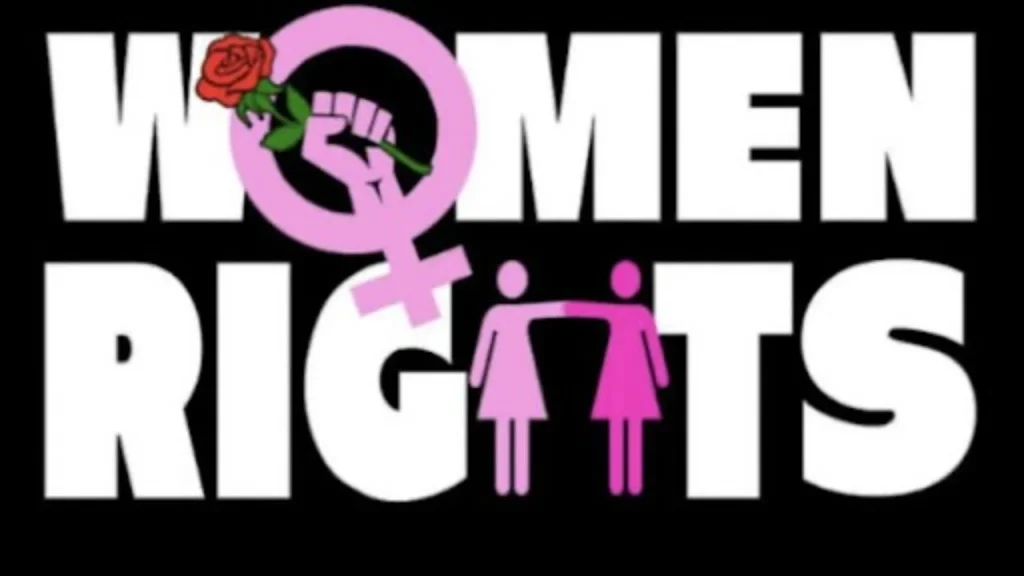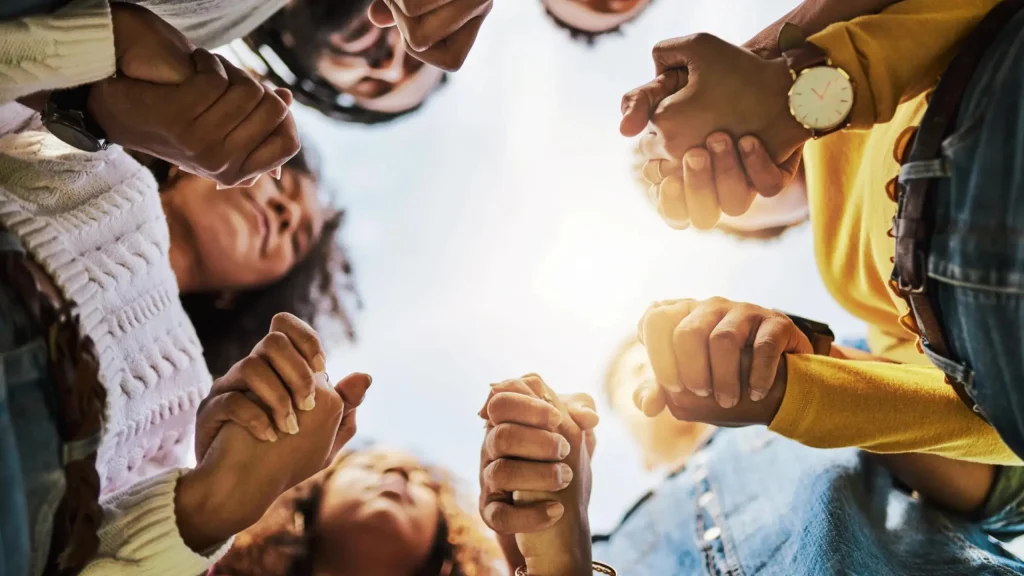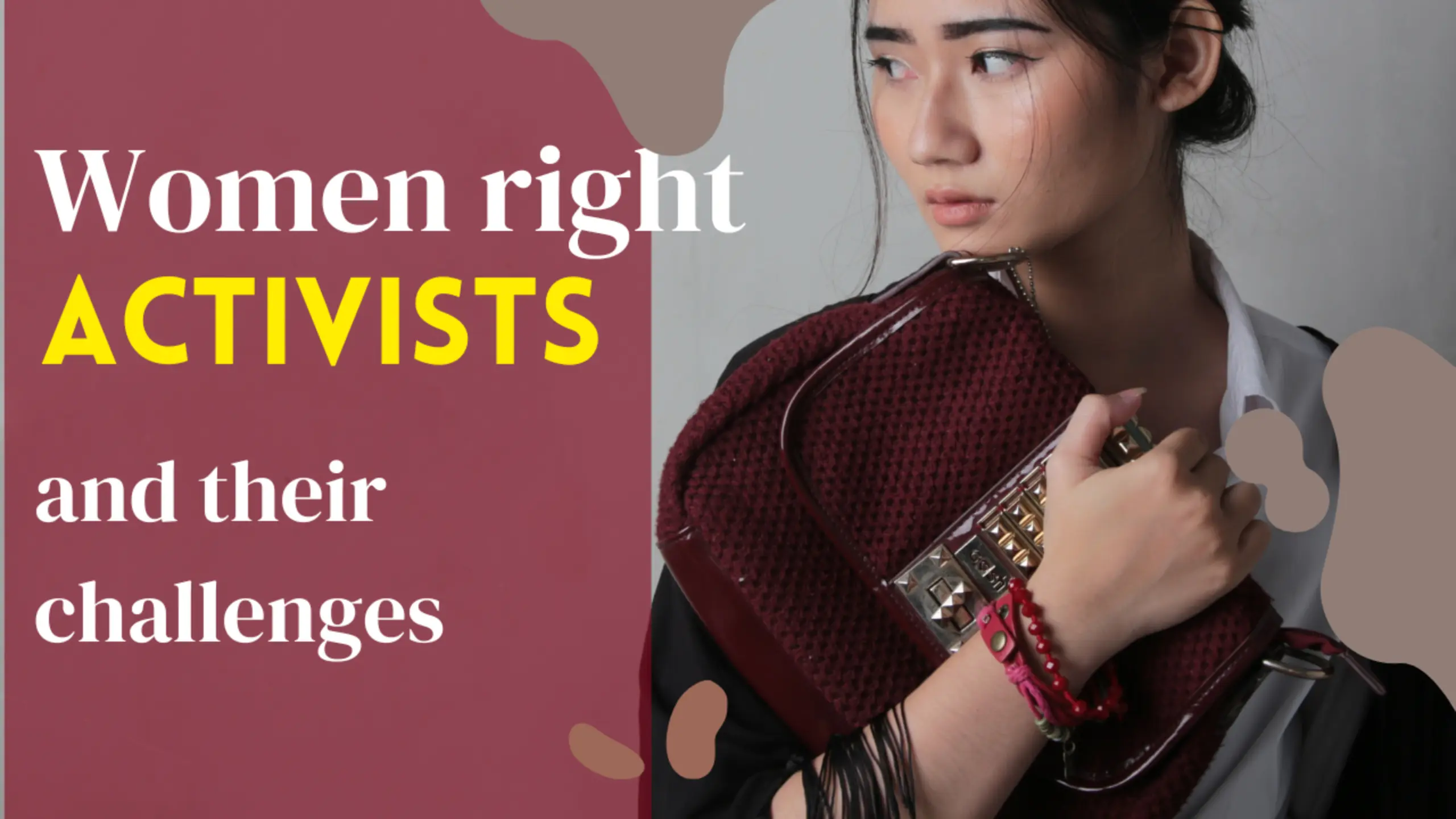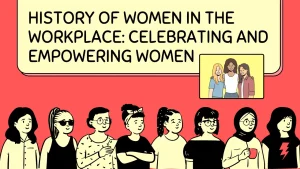Women’s rights activists are the claims made on behalf of women and girls around the world. They served as the inspiration for both the feminist movements of the 20th and 21st centuries as well as the women’s rights activists movement in the 19th century. Some nations have laws, local customs, and behaviour that institutionalise or support certain rights, whereas other nations ignore or suppress them. Because they contend that there is an innate historical and traditional prejudice against women and girls exercising their rights in favour of men and boys, they diverge from more general conceptions of human rights.
The demands made for women and girls around the world are known as women’s rights activists. They provided inspiration for the 19th-century women’s rights movement as well as the feminist movements of the 20th and 21st centuries. While in some nations certain rights are disregarded or suppressed, in others they are institutionalised or supported by laws, regional norms, and behaviour. They differ from more general views of human rights because they assert that there is an intrinsic historical and traditional bias against women and girls using their rights in favour of males and boys.
Top 5 Women’s right activists who changed the World:

We have the ability to speak out and demand change, which is what the recent Women’s rights activists March showed. It’s crucial to use your voice because it’s designed to be heard. Numerous inspirational women have dedicated their lives to advancing particular causes during the past century. They have contributed to actual change, ensuring that they leave the world a better, more equal place through their labour, whether it be through protests, social action, or online campaigns. Ten women who battled for and won change are highlighted here.
Susan B. Anthony:
American women’s right activist campaigner Susan B. Anthony played a significant role in a number of issues affecting women. Her broad labour includes fighting for the abolition of slavery as well as equal rights for women and African Americans. In addition to founding the National American Woman Suffrage Association, Anthony and Elizabeth Cady Stanton gathered signatures to petition Congress for the right to vote and urged elected officials to take the issue of a Constitutional amendment under consideration. Susan B is the most popular 19th Amendment. The Anthony Amendment was not passed until after Anthony had died away.
Margaret Higgins Sanger:
Another women’s right activists Margaret Higgins Sanger, in her talks and writings she promoted birth control at an early age. Later, in 1916, Sanger launched the nation’s first birth control clinic. Shortly after, she was detained for dissemination of contraceptive knowledge. Sanger started the American Birth Control League in 1921, which later developed into Planned Parenthood because she fundamentally thought that it was crucial to free women from unintended pregnancies in order to bring about societal change.
Rosa Parks:
For her straightforward act of defiance in 1955 when she wouldn’t give up her seat on a bus to a white passenger, Rosa Parks has become a recognizable symbol in the women’s right activists and civil rights movement. Parks was taken into custody for civil disobedience because the action was a bold declaration in segregated Montgomery, Alabama at the time. Her contribution to the Montgomery Bus Boycott was crucial to its success, and she went on to become a significant icon of desegregation and obedient protest.
Betty Friedan:
The Feminine Mystique by Betty Friedan, which examined the conventional role of women and argued that women should pursue fulfilment outside the house, was a groundbreaking book when it was originally released in 1963. She was a key figure in the second wave of feminism and contributed to the founding of the National Organization for Women. The Women’s right activists Strike For Equality, which promoted social and professional equality for women, was organised in 1970 with assistance from Friedan. On August 26, 1970, there were more than 20,000 women in New York to oppose the strike. It received widespread attention, notably from President Nixon, and is regarded as the beginning of the American women’s right activists movement.
Coretta Scott King:
The wife of civil rights activist Martin Luther King Jr., Coretta Scott King, made a significant contribution to the American women’s rights activists and civil rights movement. In addition to continuing to fight for equal rights for African-Americans, King broadened her attention after her husband was killed to include women’s rights, LGBTQ concerns, and world peace. In order to carry on her husband’s work, she established the King Center in 1968. She also gave speeches at several marches and rallies all around the world. In a recent Senate hearing on Jeff Sessions, whom she had previously opposed, Elizabeth Warren cited King and said, “Anyone who has used the power of his office as We should not elevate the United States Attorney to the position of Judge so that she can intimidate and restrict citizens’ right to vote freely.
Women and Religion:
As long as there have been people, there has been religion. Both men and women thought that a greater person existed who might explain the origin of life. Men and women now play distinct roles within the many religions, each of which permits them to do so. Men are free to worship God whatever they wish in the church, while women’s rights activists have historically and continue to face limitations on some of the same activities. Even while women are just as expected as males to follow and obey God’s word, they are nevertheless not allowed to share it with others. For hundreds of years, men have predominated. As women and religion are interconnected but now times have changed and women are seeking equality.
Role of Women in Religion:

Women play a significant role in religion. Since the beginning of human history, religion has been present and constantly evolving. Both men and women have contributed to that advancement by holding a belief in a superior being who can account for their own existence. Women and men now play separate roles that are exclusive to their respective religions due to the differences in religion and separation in belief. Across all religions, men have frequently been given more responsibilities than women. What place do women in religion occupy, given that all of the world’s main religions place some sort of low value on women?
Women in leadership:
It is important for women to lead. Women have successfully handled problems brought on by societal dynamics and environmental change over time. There is still little empirical data on how women contribute to the sustainable growth of businesses, despite the rising number of research on women as leaders in sustainable development. This gap is addressed in the research by creating a qualitative multiple-case study based on the distribution of questionnaires to five Italian businesses that are notable for having women in leadership roles.
Conclusion:
The women’s rights activists and Civil Rights Movement saw the participation of many women, who held prominent positions in local women’s rights activists and civil rights organisations and worked as attorneys on cases involving school segregation. Travelling alone presents several risks, which is one of the major difficulties. The women’s rights activists movement was home to many women who subsequently joined the feminist movement in the 1970s after encountering sexual harassment and gender discrimination.



